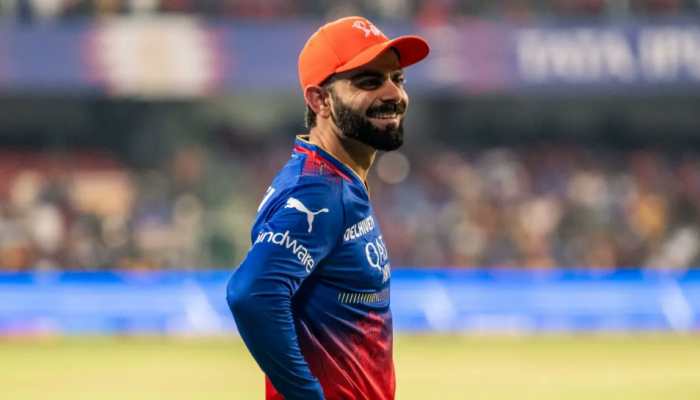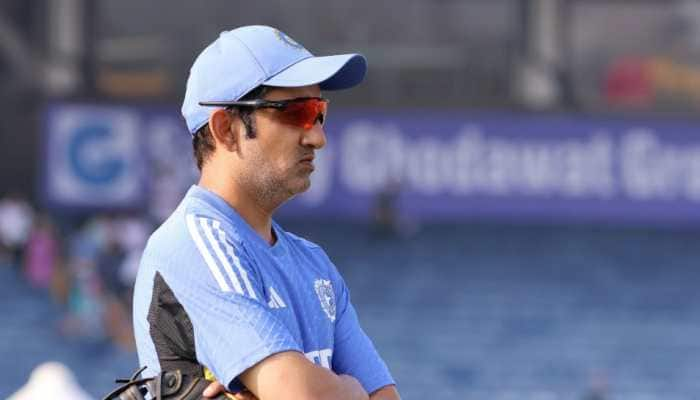Will Aadhaar be made mandatory? SC to pronounce verdict on Wednesday
As many as 31 petitions, including one by former High Court judge K S Puttaswamy, have been filed in the matter.
Trending Photos
)
New Delhi: The Supreme Court is likely to pronounce its crucial verdict on Wednesday on a batch of pleas challenging the constitutional validity of Centre's flagship Aadhaar scheme and its enabling 2016 law.
A five-judge constitution bench headed by Chief Justice Dipak Misra had on May 10 reserved the verdict on the matter after a marathon hearing that went on for 38 days, spanning four-and-half months.
As many as 31 petitions, including one by former High Court judge K S Puttaswamy, have been filed in the matter.
When the judgement was reserved by the court, Attorney General K K Venugopal had told the bench, which also comprised Justices A K Sikri, A M Khanwilkar, D Y Chandrachud and Ashok Bhushan, that this matter had become the "second longest" one in terms of days of hearing after the historic Kesavananda Bharati case of 1973.
The Kesavananda Bharati case, which was heard by a 13-judge bench, by a majority of 7:6 had propounded the doctrine of the 'Basic Structure and of the Constitution'. It had held that the amendments which may affect this structure were subject to judicial review.
A battery of senior lawyers, including Shyam Divan, Gopal Subramaniam, Kapil Sibal, P Chidambaram, Arvind Datar, K V Vishwanath, Anand Grover, Sajan Poovayya and a few others, had argued on behalf of the petitioners opposing the Aadhaar Scheme on various grounds.
Besides the former HC judge, the top lawyers argued for petitioners, who included Magsaysay awardee Shanta Sinha, feminist researcher Kalyani Sen Menon, social activists Aruna Roy, Nikhil De, Nachiket Udupa and CPI leader Binoy Visman.
A key argument against the Aadhaar scheme was that it was violative of the nine-judge bench verdict that had held that Right to Privacy is a fundamental right under the Constitution.
The Centre, the Unique Identificaiton Authority of India (UIDAI), the governments of Maharashtra and Gujarat and the RBI had argued in favour of the Aadhaar (Targeted Delivery of Financial and Other Subsidies, Benefits And Services) Act, 2016 and were represented by the Attorney General, Additional Solicitor General Tushar Mehta, senior advocates Rakesh Dwivedi and Jayant Bhushan and lawyer Zoheb Hossain.
During the arguments, the Centre had strongly defended its decision to seed Aadhaar numbers with mobile phones, telling the top court that it could have been hauled up for contempt if the verification of mobile users was not undertaken by it.
However, the court had said that the government had misinterpreted its order and used it as a "tool" to make Aadhaar mandatory for mobile users.
The court had also not agreed prima facie with the government's contention that the Aadhaar law was correctly termed as a Money Bill by the Lok Sabha Speaker as it dealt with "targeted delivery of subsidies" for which funds came from the Consolidated Fund of India.
The counsel for one of the petitioners had termed Aadhaar as "an electronic leash" and said that the government could completely destroy an individual by "switching off" the 12-digit unique identifier number.
On the other hand, the Centre had said that the law was valid and allowed minimal invasion to ensure the right to life of millions of Indians by ensuring seamless delivery of subsidies, benefits and services to the poorest of poor.
Stay informed on all the latest news, real-time breaking news updates, and follow all the important headlines in india news and world News on Zee News.
Live Tv







)
)
)
)
)
)
)
)
)
)
